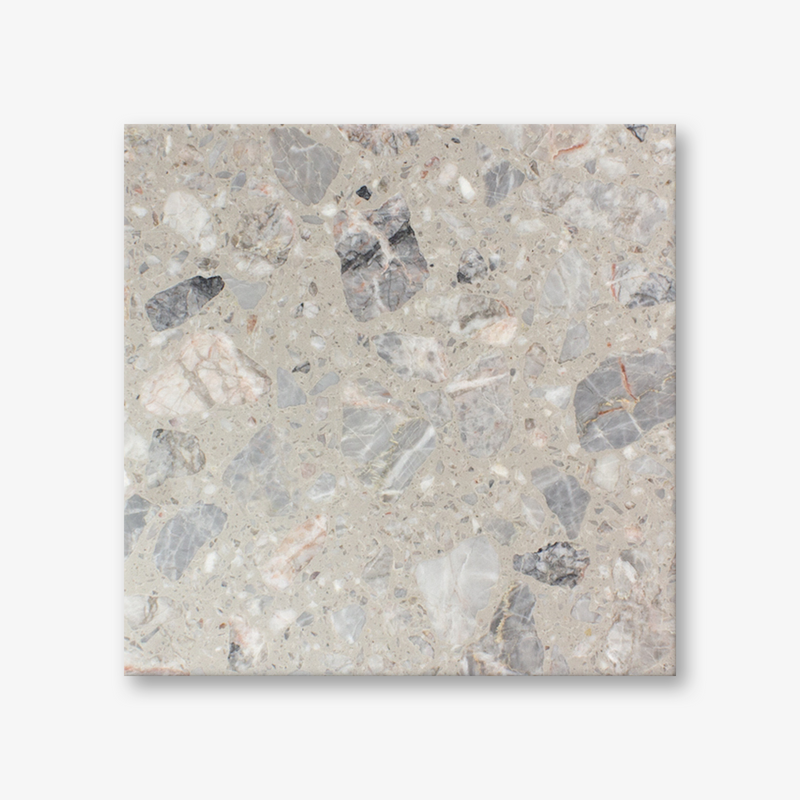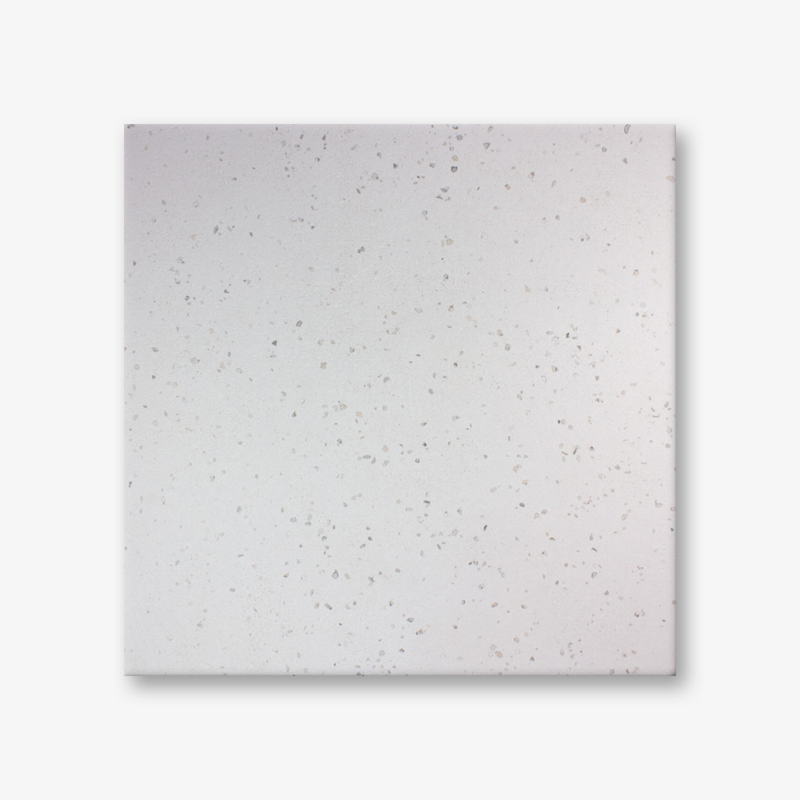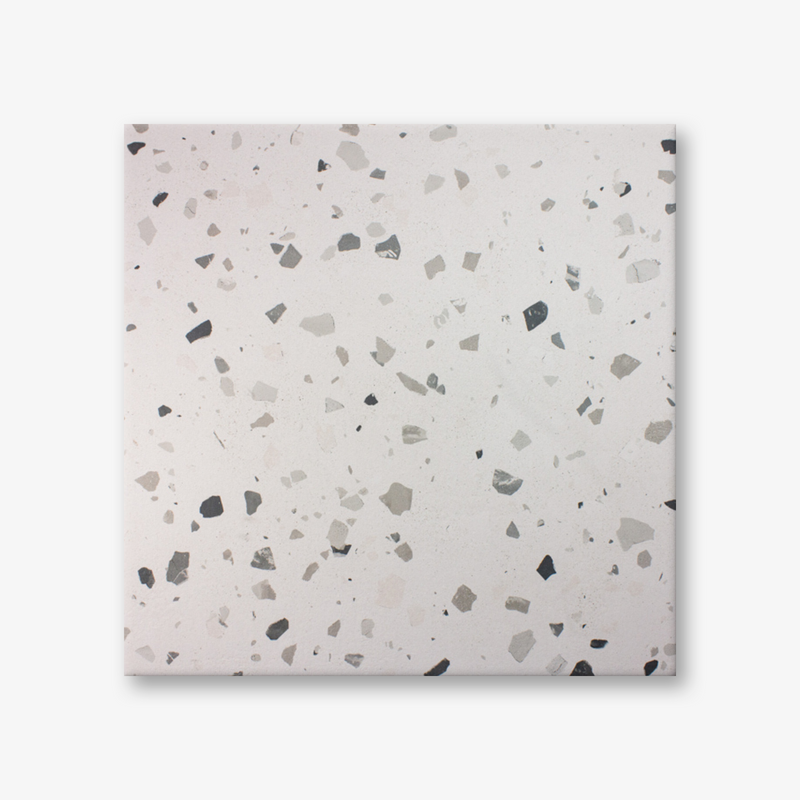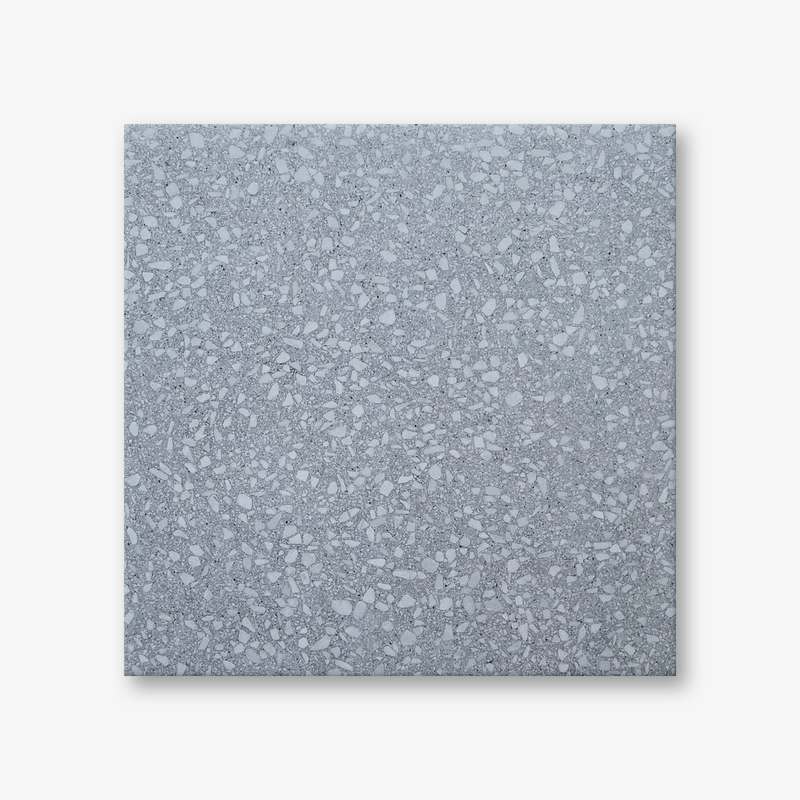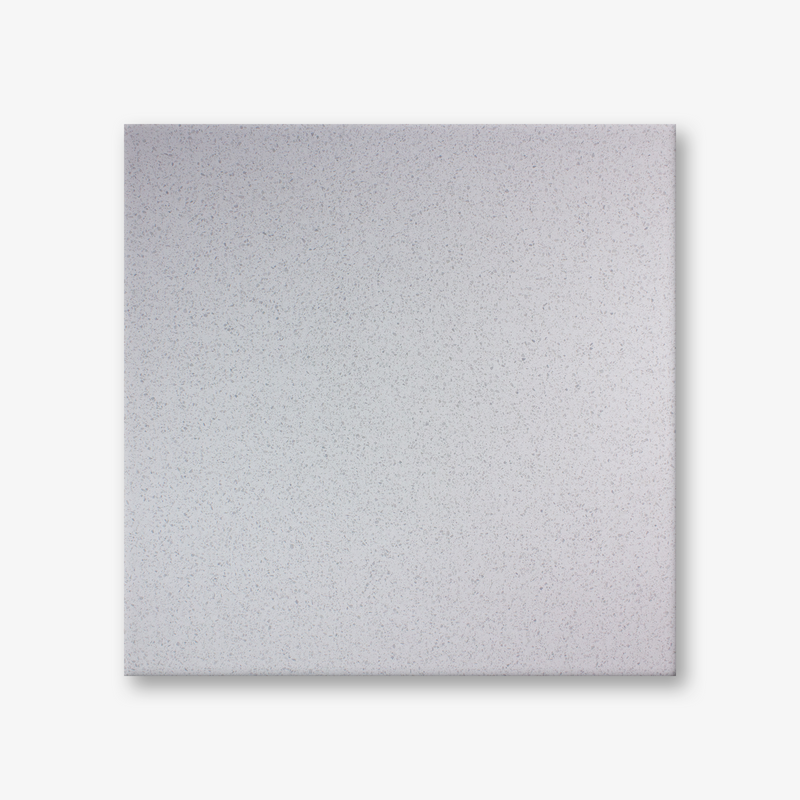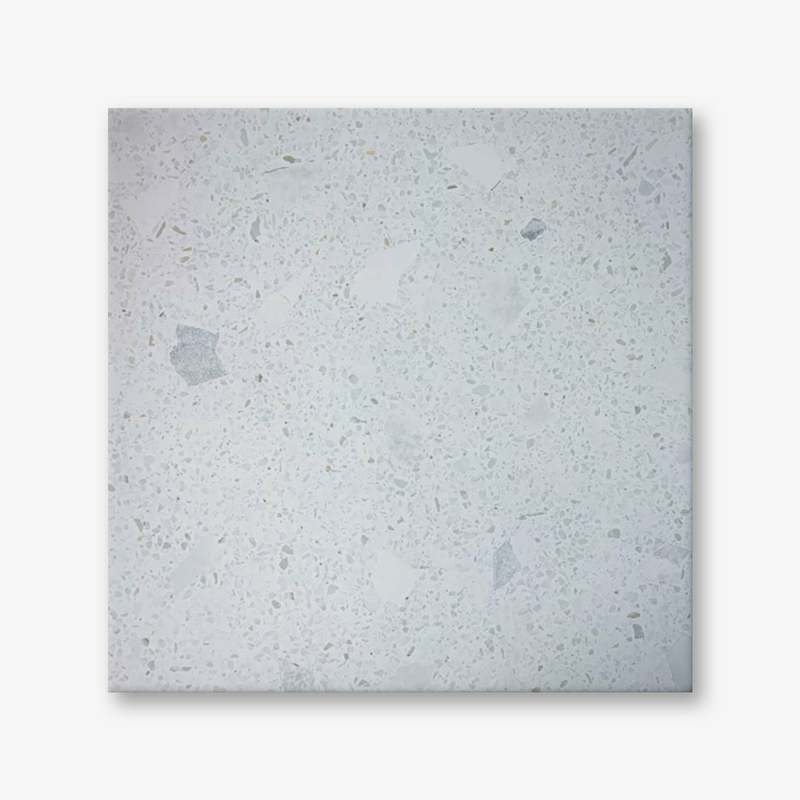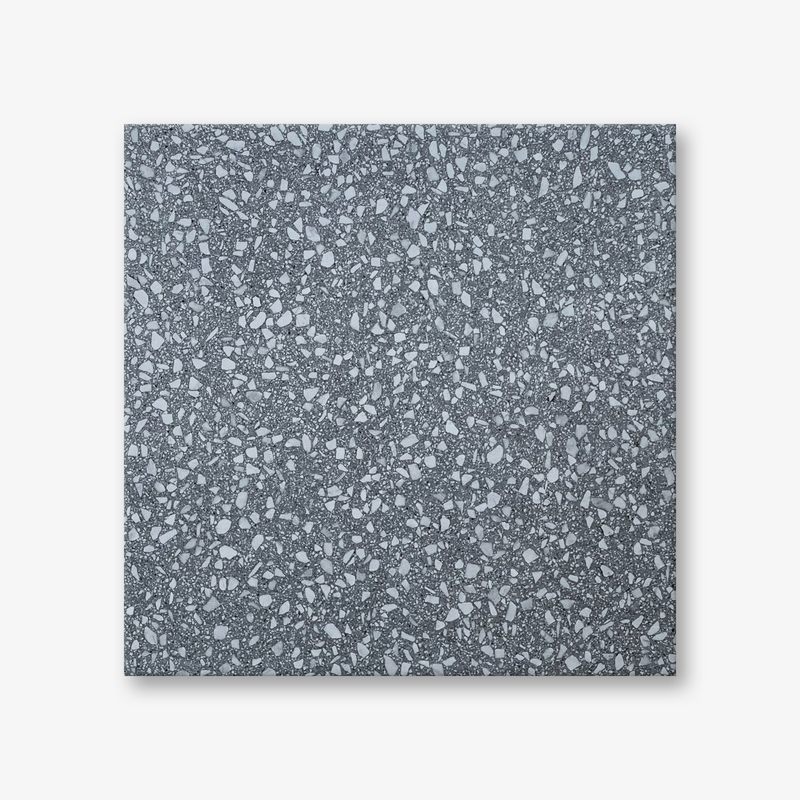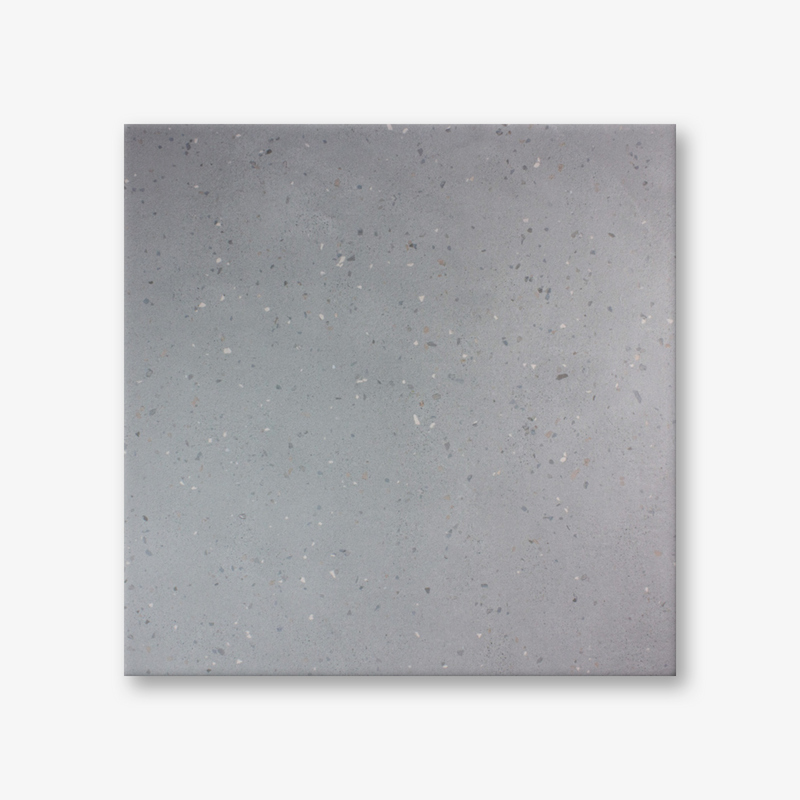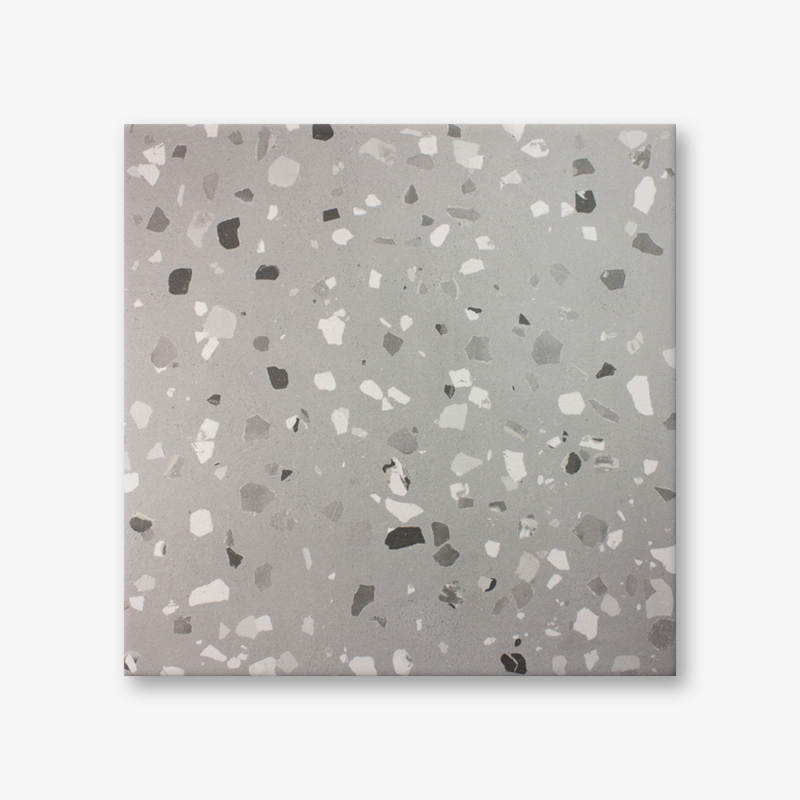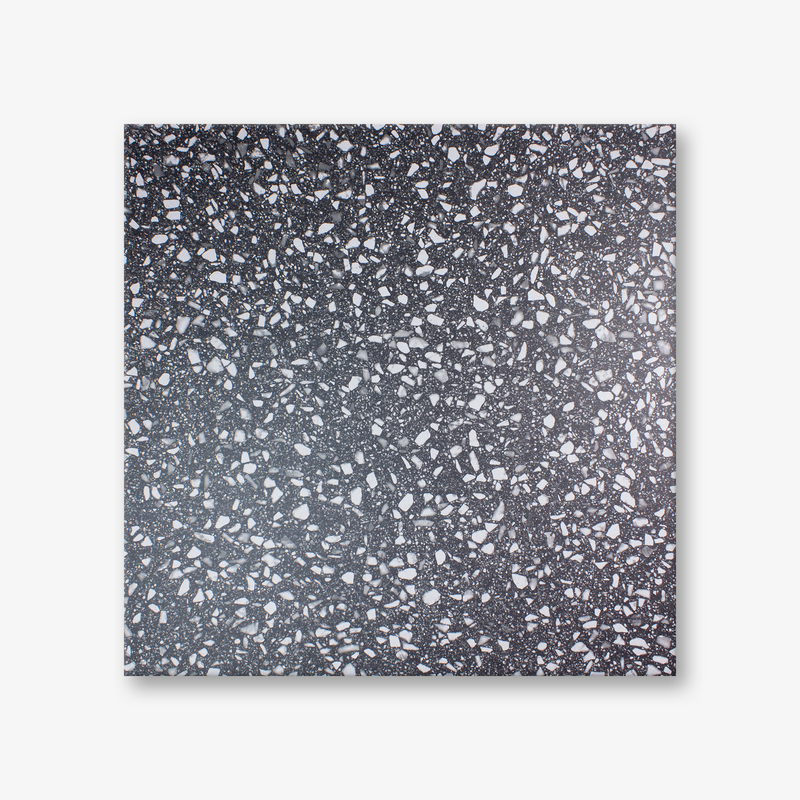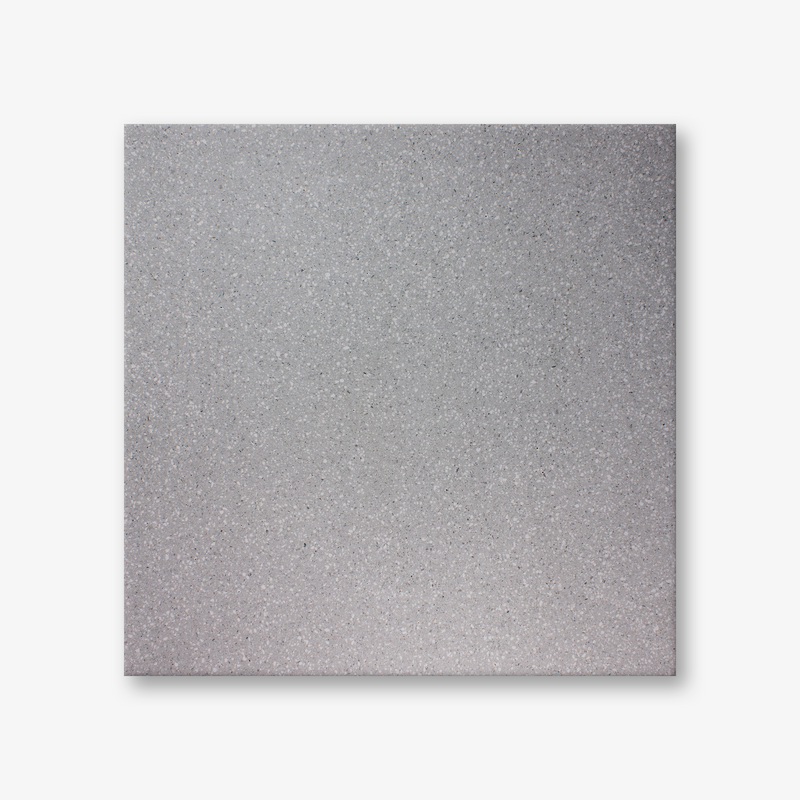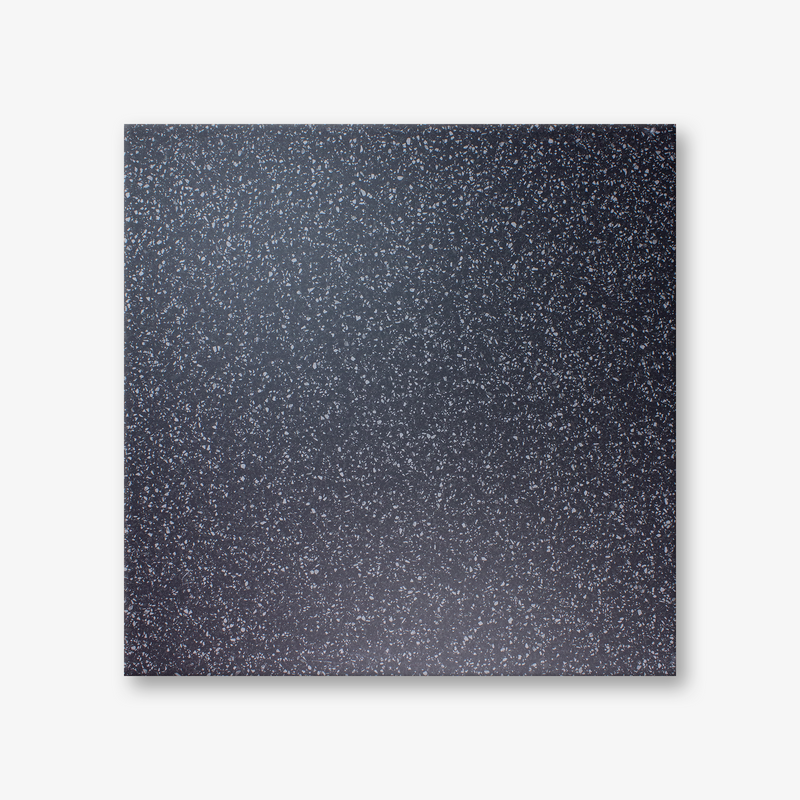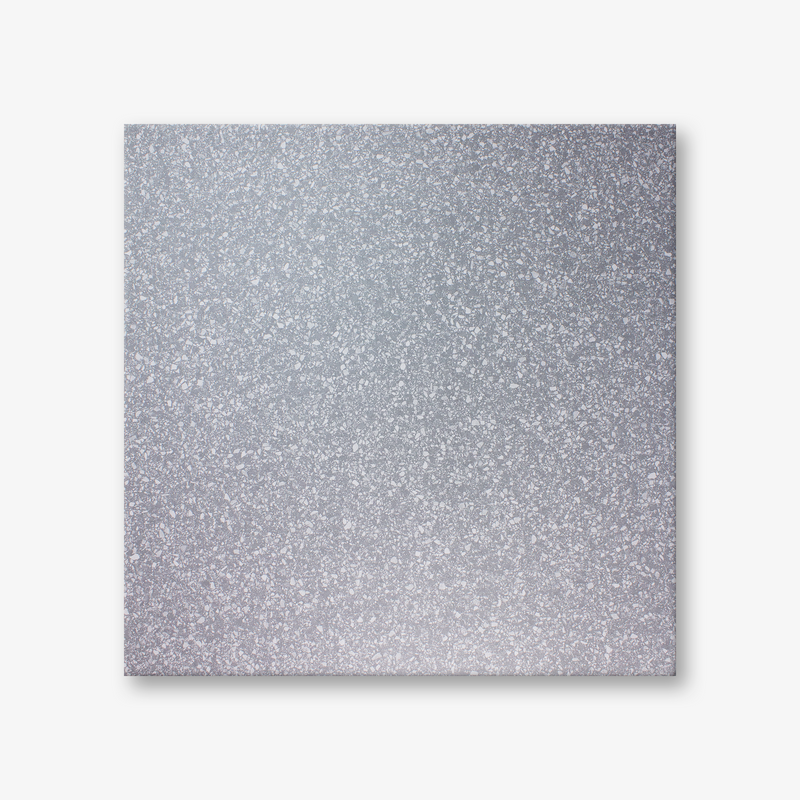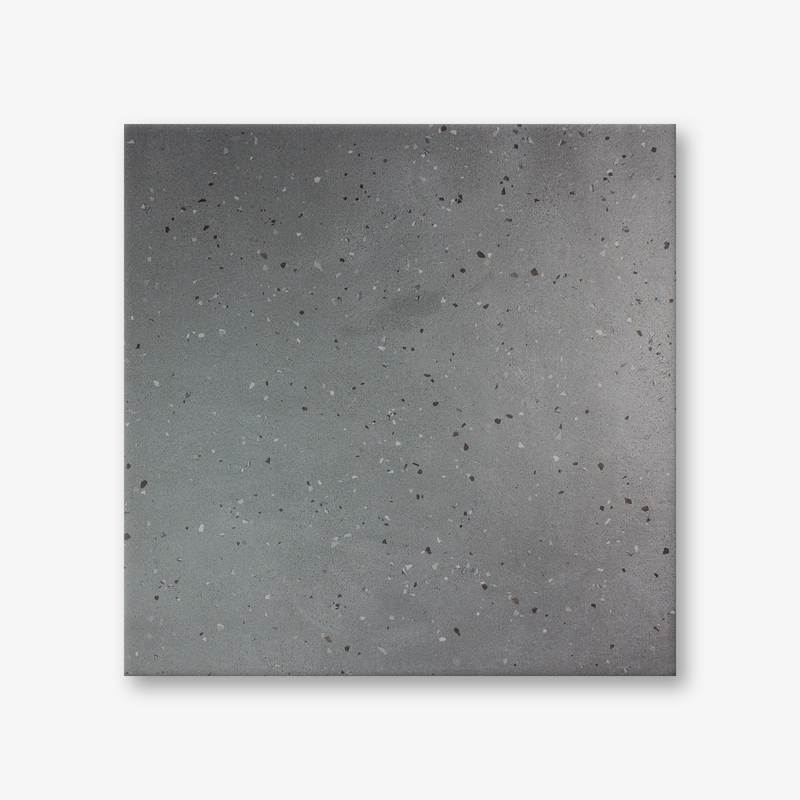Terrazzo Tiles (Camden Stone and Tile Ltd) Terms and Conditions of Sale
1. DEFINITIONS 2. CONDITIONS APPLICABLE 3. PRICE 4. PAYMENT 5. THE GOODS AND NATURAL VARIATIONS 6. DELIVERY OF THE GOODS 7. EXAMINATION & ACCEPTANCE OF THE GOODS 8. RIGHT OF CANCELLATION FOR CONSUMERS 9. TITLE AND RISK 10. UNPACKING, STACKING & STORAGE 11.TECHNICAL ADVICE & INSTALLATION 12. LIMITATION & EXCLUSIONS OF LIABILITY 13. GENERAL
1. DEFINITIONS In this Agreement, unless the context requires otherwise: 1.1 'Agreement' means the agreement between the Company and the Customer comprised of these Conditions the Sales Receipt/Invoice. 1.2 'Business Day' means any day which is not a Saturday, Sunday or a bank or public holiday in England; 1.3 'Conditions' means these terms and conditions and any special terms and conditions agreed in writing by the Company and including the 'Important Notes' section of our 'Information Booklet' and shortened terms found at the bottom of the Sales Receipt/Invoice; 1.4 'Consumer Sales' include selling to any person who is purchasing for purposes outside of their normal business. 1.5 'Business Sales' include selling to a trade, profession or professional body. 1.6 'Customer' means the person or entity specified on the Sales Receipt/Invoice; 1.7 'Delivery Date' means the date specified on the Sales Receipt/Invoice by the Company when the Goods are to be delivered; 1.8 'Delivery Address' means the address at which we agree to deliver the Goods as specified on the Sales Receipt/Invoice. 1.9 'Goods' means the articles which the Customer agrees to buy from the Company; 1.10 'Sales Receipt/Invoice' means a form with a description of Goods purchased and confirming the order of the Goods; 1.11 'Price' means the price for the Goods excluding carriage, packing, insurance and VAT; 1.12 'Total Price' means the price for the goods and any standard delivery cost including VAT. 1.13 'The Company' means Camden Stone and Tile Ltd, trading as Terrazzo Tiles whose registered office is 14 England's Lane, London NW3 4TG (Company Number: 6339603).
2. CONDITIONS APPLICABLE 2.1 These Conditions shall apply to all contracts for the sale of Goods by the Company to the Customer and where applicable the supply of services to the exclusion of all other terms and conditions including any terms or conditions which the Customer may purport to apply under any purchase order, confirmation of order or similar document. 2.2 All orders for Goods shall be deemed to be an offer by the Customer to purchase Goods pursuant to the Conditions. 2.3 Acceptance of delivery of the Goods shall be deemed conclusive evidence of the Customer's acceptance of the Agreement. 2.4 Any variation to the Agreement (including any special terms and conditions agreed between the parties) shall be inapplicable unless agreed in writing by the Company. 2.5 It is customer's responsibility to check that all the details relating to the order are correct and to provide the company with all relevant information relating to the environment in which the Goods are intended to be used and for their Delivery. 2.6 As the Company has not carried out a survey or inspection of the installation site of the Goods, it cannot give any warranty as to the suitability of the Goods for that, or any other given environment. If the Customer is acting other than as a consumer, they cannot rely on any implied or express representation, advice or information given to you by the Company that is not incorporated into the Agreement and signed by both parties.
3. PRICE 3.1 Unless otherwise agreed by the Company in writing, the Price shall be the price set out in the Sales Receipt/Invoice. 3.2 The Price is exclusive of any value added tax and all costs or charges in relation to carriage and insurance, all of which amounts the Customer shall pay in addition when it is due to pay for the Goods. 3.3 The Company reserves the right to change the Price by giving the Customer notice at any time before delivery to reflect any increase in the cost such as foreign exchange fluctuations, alteration of duties, increase of the costs of materials and such like. If the Company changes the Price and the Customer is not satisfied, the Customer will be able to cancel the order. Products which are not standard and are therefore specifically ordered by the Customer or are fabricated for the Customer cannot be cancelled after the order/fabrication process has started. If the Company does agree to cancel the order, the Customer will be liable for any reasonable costs incurred.
4. PAYMENT 4.1 Payment of the Total Price shall be due before placing the order. Please note that delivery will not be arranged until the Company is in receipt of cleared funds. 4.2 If the Customer fails to pay the Company any sum due pursuant to the Agreement, the Customer shall be liable to pay interest to the Company on such sum from the date when payment becomes due until the date of payment at a rate of 4% above Lloyds Bank's base rate from time to time in force and shall accrue at such a rate on a daily basis after as well as before any judgment. 4.3 The Company reserves the right to claim interest under the Late Payment of Commercial Debts (Interest) Act 1998.
5. THE GOODS AND NATURAL VARIATIONS 5.1 The quantity and description of the Goods shall be as set out on the Sales Receipt/Invoice. 5.2 All samples, descriptive matter, specifications and advertising issued by the Company and any descriptions or illustrations contained in the Company's catalogues, brochures or internet website are issued or published for the sole purpose of giving an appropriate idea of the goods described in them. 5.3 The Customer acknowledges that due to the natural variations of Terrazzo, Natural Stone, Porcelain, Cement, Ceramic and Glass, the Company cannot guarantee colour or shade differences between batches of tiles. 5.4 The Customer is advised to increase the size of their order by 10% to cover wastage that may occur during site handling and if any of the Goods are damaged during delivery.
6. DELIVERY OF THE GOODS 6.1 Delivery of the Goods shall be made to the Delivery Address on the Delivery Date. The Goods may be delivered in advance of the Delivery Date upon the giving of reasonable notice to the Customer. The customer shall make all arrangements to take delivery of the Goods whenever they are tendered for delivery. 6.2 If the company is not able to deliver the whole of the order at one time for any reason including operational reasons or shortage of stock, the order will be delivered in instalments. Each instalment shall constitute a separate contract. If the Company is late delivering an instalment or one instalment is faulty, that will not entitle the Customer to cancel any other instalment. 6.3 The Company uses an independent delivery company for which the Company is not responsible and therefore the Company cannot guarantee delivery times. The delivery driver will not handle the Goods and deliveries will be made to the kerb side at the delivery address specified on the Sales Receipt/Invoice. 6.4 The Customer shall provide at the delivery point and at its expense, adequate and appropriate equipment and manual labour for handling the Goods. 6.5 The Customer must inform the Company of any access restrictions or difficulties for a large lorry and ensure that a responsible person is at the Delivery Address at the time of Delivery to supervise the off-load, to sign for the Goods and to move them on into the property. 6.6 The cost of delivery is in addition to the Price and subject to VAT. 6.7 The Company will not be responsible for the Goods once they have been received and accepted by the Customer. 6.8 If for any reason the Customer fails to accept delivery of any of the Goods or the Company is unable to deliver the Goods on time because the Customer has not provided appropriate instructions or as a result of the Customer not complying with their obligations under these terms: 6.9.1 risk in the Goods shall pass to the Customer; 6.9.2 the Goods shall be deemed to have been delivered; and 6.9.3 the Company may store the Goods until delivery, whereupon the Customer shall be liable for all related costs and expenses (including without limitation, storage and insurance). 6.10 Any dates specified by the Company for delivery of the Goods are intended to be an estimate only and time for delivery shall not be made of the essence by notice. If no dates are so specified, delivery shall be within a reasonable time. 6.11 The Customer may only collect Goods from the Company's premises by prior arrangement. If the Customer arranges transportation of the Goods, it is at their own risk and the Company will not accept claims for damage or breakages. 6.12 The Company may decline to deliver the goods if: 6.12.1 it would be unsafe, unlawful or unreasonably difficult to do so; or 6.12.2 the premises (or access to them) are unsuitable for the delivery vehicle.
7. EXAMINATION & ACCEPTANCE OF THE GOODS 7.1 The Company takes care to ensure that all Goods leave in perfect condition. The Customer should inspect the Goods on delivery or collection to ensure that they are the correct type, of satisfactory quality, and the correct amount. 7.2 If there is any obvious damage to the Goods, the Customer must make a note of the damage on the delivery note and inform the Company within 24 hours. If the Goods are deemed and proven to be damaged on delivery, by way of documentary evidence such as a photograph, we will bear the cost of re delivery and replacement Goods. The Customer will still be required to notify the Company under clause 7.3, 7.4 and 7.5 (as applicable). 7.3 (In the case of Business Sales) The Customer must inspect the Goods on delivery or collection (as the case may be) to ensure that they are the correct type, of satisfactory quality, undamaged (excluding provisions for wastage/breakages in transport as set out in wastage clause 5.4), and the correct amount and if they are not, must notify the Company in writing within 24 hours of delivery for correction, replacement or refund of all or part of the Price (at the Company's option), which will be the Customer's sole remedy. If the goods are damaged or of unsatisfactory quality, the Company reserves the right to request documentary evidence, such as a photograph, in support of your statement. If the Customer does not reject the Goods within this time, or if the Goods have been installed, the Customer will be deemed to have accepted the Goods and the Company will have no liability to the Customer. The foregoing sets out the Customer's only rights and remedies in relation to the Goods and all other terms and conditions, express and implied, relating to the quality or fitness for purpose of the Goods are hereby excluded to the fullest extent permitted by law. 7.4 (In the case of Consumer Sales) If the Goods are not of the correct type or of satisfactory quality, i.e. damaged (excluding provisions for wastage/breakages in transport as set out in wastage clause 5.4), the Customer should notify the Company in writing within 24 hours. The Customer will either be refunded the Price or replacement Goods will be made available to them (at the Company’s discretion). If the fault with the order proves to be an error on the Company's part, the Company will bear the cost of redelivery of replacement Goods and collection of the original Goods. If the fault with the order proves to be an error on the Customer's part, the Customer will be required to bear the cost of redelivery of replacement Goods and collection of the original Goods. 7.5 (In the case of Consumer Sales) If an incorrect amount of the Goods are delivered or collected, you should notify the Company in writing within 72 hours and the Company will arrange to deliver or make available (as appropriate) the correct quantity of the Goods. If this proves to be an error on the Company's part, the Company will bear the cost of delivery of the balance of the order. If this proves to be an error on the Customer's part, the Customer will bear the cost of delivery of the balance of the order. 7.6 The Customer shall be deemed to have accepted the Goods if notification is not received by the Company in accordance with clause 7.2 above. 7.7 After acceptance the Customer shall not be entitled to reject Goods which are not in accordance with the description on the Sales Receipt save in the circumstances set out in clause 8. 7.8 The quantity of any consignment of Goods as recorded by the Company upon despatch shall be conclusive evidence of the quantity received by the Customer on delivery unless the Customer can provide conclusive evidence proving the contrary.
8. RIGHT OF CANCELLATION FOR CONSUMERS This clause only applies if the Customer is acting for a purpose outside their business and there has been a distance contract. Distance Contract means any contract concerning goods or services between a supplier and a consumer under a distance sales or service provision scheme that makes exclusive use of distance communication up to and including the moment at which a contract is made. 8.1 The Customer may cancel this Agreement within 10 working days (period of cancellation) beginning the day after the Goods are received. 8.2 To cancel the Customer must inform the Company in writing that they wish to cancel. This may be done by letter, fax or email sent within the 10 days to Company Address set out in clause 1. If the Customer informs the Company verbally, they will need to send confirmation in writing within the 10 days. The Customer may use the attached model cancellation form. 8.3 It is not possible to cancel if the Goods are made specifically for the Customer, if imported as a special order (ie goods not from UK stock) or if the Customer has installed or laid them or used them or if the order has NOT been made through a Distance Contract. 8.4 If the Customer wishes to cancel Goods which have already been delivered, then the Goods must be returned to the Company at the Customer's own cost, or alternatively the Company can collect them from the Customer. If the Company collects the goods, then Customer will be liable for the cost of collection. The goods must be returned to the Company within 14 days of being informed of cancellation. 8.5 The Customer has a duty of care during the period of cancellation to ensure that the goods are returned to in the condition in which they were delivered. The Company reserves the right to charge for any damages caused by the Customer's failure to carry out duty of care.
9. TITLE AND RISK 9.1 The Goods are at the risk of the Customer from the time of delivery. 9.2 Ownership of the Goods shall not pass to the Customer until the Company has received in full (in cash or cleared funds) all sums due to it in respect of: 9.2.1 the Goods; and 9.2.2 all other sums which are or which become due to the Company from the Customer on any account. 9.3 Where the Customer collects the Goods from the Company's premises then the Goods will be at the Customer's risk from that point.
10. UNPACKING, STACKING & STORAGE 10.1 Care needs to be taken when unpacking the Goods as the spacers may need to be removed from the packaging before the Goods are lifted out. The Goods should always be stacked and stored vertically (on edge) but not on a hard surface as this may cause unnecessary edge chipping. The Company cannot be held responsible for damage which occurs after delivery or, if the Customer decides to collect the Goods, after collection.
11. TECHNICAL ADVICE & INSTALLATION 11.1 Any advice given by the Company related to fixing products and installation is given in good faith but should be used as a general guide as the Company has not carried out a survey of the place of installation of the Goods and cannot therefore be sure that the advice is correct. The Customer may not therefore rely upon this advice. 11.2 It is the Customer's responsibility to purchase the correct fixing products and sealants for the environment (and in particular the surface upon which) the Goods will be installed. 11.3 The Company does not offer an installation service and it is the Customer's responsibility to ensure a professional fitter is carrying out the installation. 11.4 The Company cannot be responsible for the installation of the Goods or for damage caused during or arising out of installation.
12. LIMITATION & EXCLUSIONS OF LIABILITY 12.1 The Company will only be liable to the Customer under or in relation to this Agreement or in relation to the Goods if the Company is informed of any shortfall, proven damage or defect in the Goods within 72 hours after delivery or collection (as appropriate) but not otherwise. The Company reserves the right to request documentary evidence, such as a photograph, of the damage or fault. If the Customer so notifies the Company, its only obligation to the customer will be (at the company's option): 12.1.1 to make good any shortage or non delivery; or 12.1.2 to replace or repair any damaged or defective Goods. 12.2 The Company will not be liable to the Customer for loss of profits or loss of business, depletion of goodwill or for any indirect or consequential loss or other consequential compensation which arise in connection with this Agreement. The Company's total liability to the Customer (whether in contract, tort (including negligence), statute or otherwise) shall in no event exceed the Price. 12.3 The Company reserves the right to charge a restocking and collection charge for goods returned to the Company (at the Company's discretion) which are not for reasons outlined in this Agreement. 12.4 The Company will not be liable to the Customer for lost working time or the cost of third party contractors where the Customer (or their contractor) fail to install the Goods correctly or fail to use the correct base, sealants or installation techniques or if the environment in which the Goods are installed is unsuitable. 12.5 Subject to clause 5 and consumer statutory rights, all warranties, conditions or terms relating to fitness for purpose, quality or condition of the Goods, whether express or implied by statute or common law or otherwise are excluded to the fullest extent permitted by law. 12.6 Where the Customer rejects any Goods then the Customer shall have no further rights whatever in respect of the supply to the Customer of such Goods or the failure by the company to supply Goods which conform to the contract of sale. 12.7 Where the Customer accepts or has been deemed to have accepted any Goods then the Company shall have no liability whatever to the Customer in respect of those Goods save as set out herein. 12.8 The Company shall not be liable to the Customer for late delivery or short delivery of the Goods. 10.9 Nothing in this Agreement is intended to limit any rights that you may have as a consumer under statute or to limit our liability to you in respect of death or personal injury resulting from our negligence or for fraud or fraudulent misrepresentation in respect of an untrue or misleading statement.
13. GENERAL 13.1 The Company reserves the right to defer the date of delivery or cancel the Agreement or reduce the volume of the Goods if it is prevented from or delayed in the carrying on of its business due to circumstances beyond its reasonable control, including without limitation acts of God, natural disasters or restraints or delays effecting suppliers or carriers. 13.2 If any provision of this Agreement is found by a body of competent jurisdiction to be wholly or partly illegal, invalid, void, unreasonable or unenforceable then the contravening element shall be deemed severable and the remaining provisions of the Agreement such continue in full force and effect. 13.3 This contract is subject to the law of England and Wales and is subject to the exclusive jurisdiction of the English courts.
14. THIRD PARTIES This Agreement is not intended to and does not give any third parties any right to enforce any of its provisions.


























































